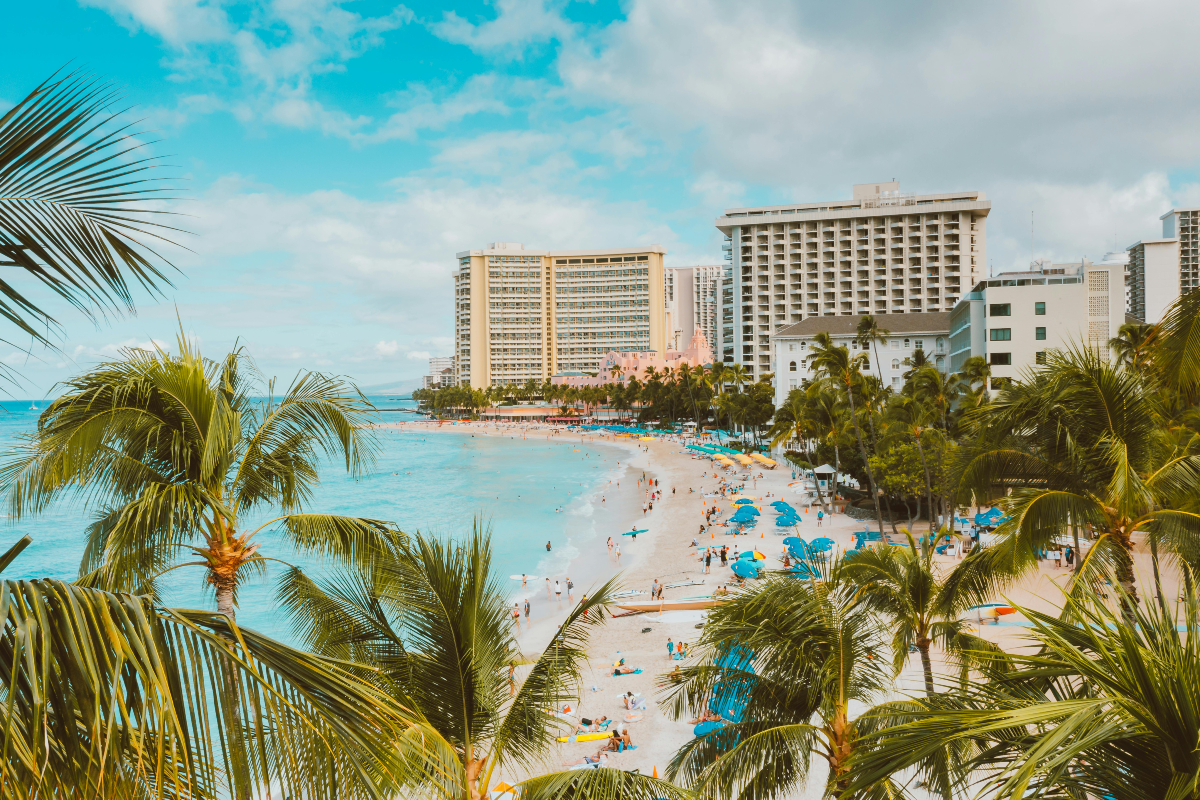With March in full swing, many Americans are eagerly planning their vacations, and for college students, that often means one thing—Spring Break. Warm beaches, exciting nightlife, and thrilling adventures await those who venture south of the border to Mexico. However, this year, the U.S. State Department and the Texas Department of Public Safety have issued travel advisories that spring breakers should take seriously.
Heightened Caution in Popular Tourist Destinations
The advisories emphasize the importance of increased caution due to ongoing safety concerns in some regions of Mexico. While thousands of U.S. citizens visit Mexico during Spring Break each year, it’s essential to recognize that crime and violence can occur anywhere, including popular tourist destinations.
People traveling to Spring Break hotspots like Cancun, Playa del Carmen, and Tulum should be particularly careful in the downtown areas, especially at night. The U.S. Embassy and Consulates in Mexico warn travelers about crime risks, including violent crime. Whether walking along the beach or exploring ancient ruins, knowing your surroundings and taking necessary precautions is crucial.
While the advisories highlight potential risks, they also acknowledge that many travelers have positive experiences in Mexico. The vast majority of spring breakers enjoy their time without incident. Travelers can still have a memorable and safe Spring Break in Mexico by staying informed, following safety guidelines, and being aware of specific risks in different regions.
Safety Tips for Mexico
- Watch Your Drinks: Always be cautious about your drinks, especially in crowded bars and clubs. Unfortunately, incidents of drink spiking and theft do occur.
- Swimming Safety: While the crystal-clear waters of the Mexican coast are tempting, avoid swimming in strong currents, especially after consuming alcohol.
- Transportation: Use taxis and rideshares from trustworthy sources. Avoid unmarked vehicles and stick to licensed services.
- Enroll in the Smart Traveler Enrollment Program (STEP): This program provides up-to-date safety information and helps the embassy contact you in emergencies.
